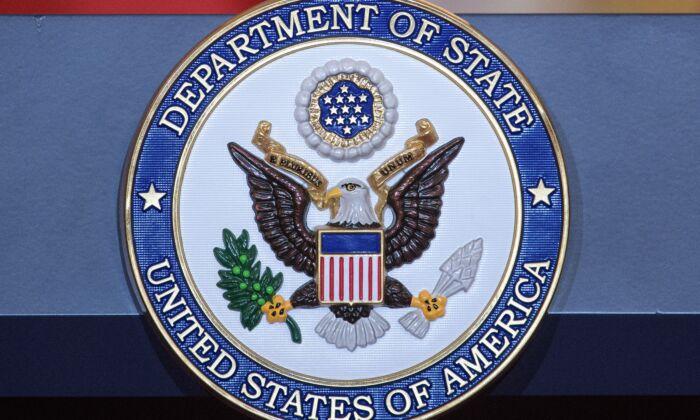While neoconservatives favor a “deploy everything possible” approach to resolve the Russia-Ukraine conflict, and the opposite camp prefers that the United States not get involved in the war, Sebastian Gorka, former Trump strategist, advocates a moderate solution.

Gorka considers Senator Graham (R-South Carolina) a neoconservative for his strong advocacy of sending military aid to Ukraine.
‘Neo-Buchananites’
The opposite camp, that Gorka called “neo-Buchananites,” believes that the United States should not get involved in international conflicts as they are irrelevant to the country.
In Gorks’ opinion, Tucker Carlson, a host of FOX News Channel, expresses the neo-Buchananite viewpoint.
Moderate Way
Neo-conservatives and neo-Buchananites represent two extreme approaches to the issues of national security and foreign policy, but Gorka would like to apply to these issues “slightly more sophisticated thinking.”The Russia-Ukraine war, lasting almost a year, “is very important to America,” Gorka said, “because Putin, who has been leading Russia for about 20 years and is also a KGB colonel, has been saying that: ‘not only Ukraine, but Poland, the Baltic states are illegitimate, fake nations that have no right to exist.'”
“On the flip side, sending tens of billions of dollars to Kyiv with zero accountability in practice is also not strategic,” said Gorka, host of America First.
“Sending unaccountable pallets of cash to any country is dumb. ... A) it’s not good geopolitics and B) it smacks of corruption.”

America should not be involved with troops or any other massive military involvement in the conflict, Gorka said.
He proposed that America can instead assist some NATO member-states, like Poland or Hungary, in supplying Ukraine with Soviet-era military equipment. Poland, Hungary, and some other NATO Allies in Eastern Europe used to be members of the Soviet-led military pact, known as the Warsaw Pact, and can still possess Soviet armaments.
“Ukraine needs weapons it knows how to use. It doesn’t need Patriot missile, batteries that nobody in Ukraine knows how to handle, so they can fight for themselves,” Gorka said. “Give them ammunition because they need ammunition.”
Gorka also advised providing Ukraine with intelligence target sets from American satellites to allow the Ukrainian military “to extract the most damage on the invading forces by targeting them effectively.”
Is NATO a threat to Russia?

The narrative that the NATO expansion eastward is a threat to Russia was used to justify the Russian invasion of Ukraine somewhat.
In 1999, eight years after the collapse of the Soviet Union and the dissolution of the Warsaw Pact, some former member-states of the Pact, Czechia, Hungary, and Poland, acceded to NATO. Further expansion took place in 2004 when seven other European countries, including three former Soviet republics, joined NATO.
Gorka argued that the West cannot be likened to the East, and the North Atlantic Alliance cannot be likened to the Warsaw Pact.
On the surface, the Warsaw Pact was established “for friendship and cooperation,” Gorka said, but in reality, its members were satrapies of the Soviet Union. “These were captive nations.”
On the contrary, NATO is a “voluntary association,” Gorka said. “It’s like joining a club. You can apply for NATO membership, but any nation that applies must demonstrate to the North Atlantic Council, to the extant members, that they bring something of value to the collective defense of the club.”
“Since when is it our job to say, ‘Nations like Hungary or Poland should not have been allowed?,’”Gorka asked rhetorically.
Moral Aspect
Gorka also brought up the moral aspect of the United States’ involvement in the Russia-Ukraine conflict.After the dissolution of the Soviet Union in 1991, Ukraine inherited the world’s third-largest nuclear arsenal. Only Russia and the United States possessed larger nuclear stockpiles. The United States convinced Ukraine to give its nuclear weapons to Russia in exchange for a promise made by the U.S. and British governments to vouchsafe Ukraine’s security, Gorka said.
In 1994, an agreement was signed, by the United States, the UK, Russia, and Ukraine, also known as the Budapest Memorandum, that formalized that accord.
Ukraine put its trust in the United States, so the American reputation is on the line, Gorka said.
“Here’s this tragic reality. There never would’ve been a Russian invasion if Ukraine still had those nuclear missiles. We told them to get rid of them, so we bear a moral burden, as well.”






